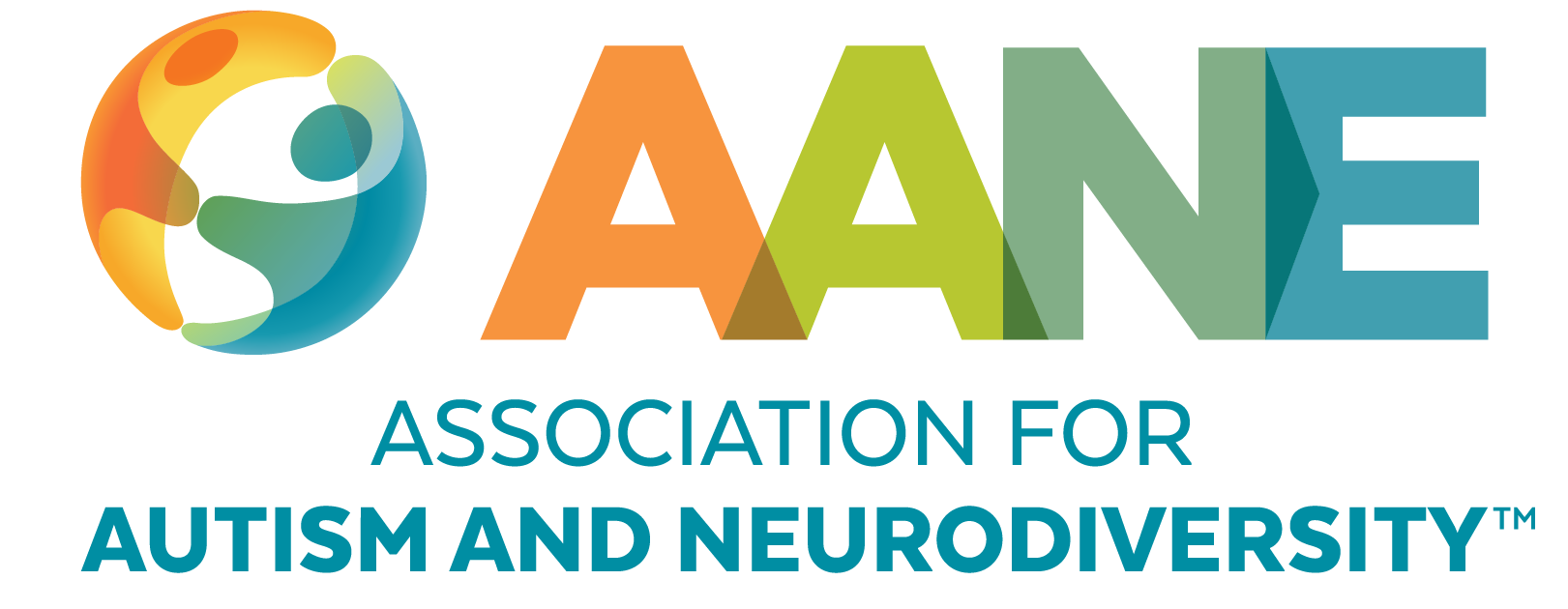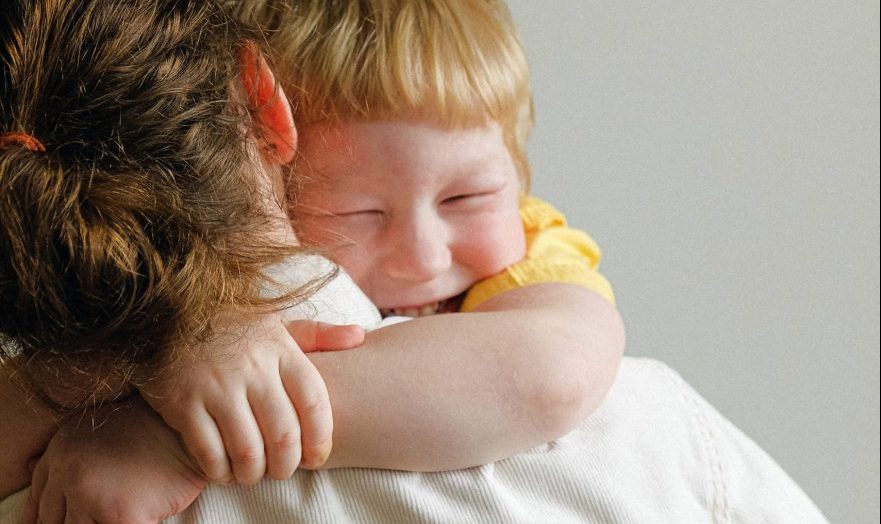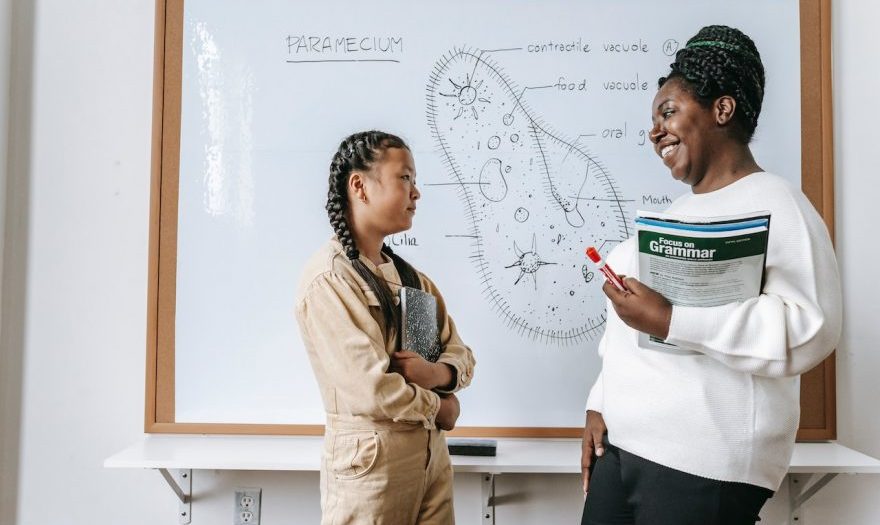
So That’s What Autistic Burnout Is
If you are experiencing an emergency, contact 911 or go to your nearest emergency department.
Additional Crisis Resources:
988 National Suicide and Crisis Lifeline:
- Dial 988 (For TTY Users: Use your preferred relay service or dial 711 then 988)
- Nacional de Prevención del Suicidio: (888) 628-9454
- Chat Online
The Trevor Project (LGBTQ+ support): 1-866-488-7386

I just learned the term “Autistic Burnout” and that was an “Aha” moment.
I really wish I had known about it when my son was younger, because it would have helped frame those periods when suddenly he couldn’t have a conversation, couldn’t participate in school, couldn’t tolerate the tiniest mistake that he or anyone else made. I think about the ways my husband and I have added to the pressures of his environment. When we pushed him to talk. When we assumed he was just being stubborn. When we didn’t listen. On the other hand, even though we didn’t know what autistic burnout was, we learned that we had to respect times when he was worn out to give him a day off school, or moderate our expectations. At the time we thought his overwhelm was sensory overload, which maybe is a piece of Autistic Burnout. But I think the term invites a more holistic explanation of the exhaustion of interacting in a world where assumptions, attitudes, misunderstanding and noisiness chip away at the reserves that my son needs.
My son, J., was on a gap year at home in the middle of the pandemic. He was taking online classes in the fall and applying to college. In some ways, the reduction of travel and in-person interactions was a blessing. Yet, the stress of thinking about this big next step weighed on all of us. He was frustrated with the bureaucracies of online universities, a college advisor who he felt had no idea who he was, and juggling self-paced school work with applications. He saw himself thriving in college, but his father and I were anxious. Will he get the support he needs next year? He came from a tiny school that was very adaptable – how will he manage with people who don’t know him or his triggers? We were not always on the same page about the best place for him.
He was trying so hard to navigate all of these systems for the first time. He felt an enormous pressure to prove to us that he could do it all without a hitch. We tried not to add to the stress, but our anxiety about him getting everything done definitely came through. At moments he was very confident, which made the never ending complications (not being able to get a response from the registrar’s office, a sarcastic comment from a college counselor, a professor who was not available) erode his energy. The further this process went, the less energy he had to fight the next fight. And everything felt like a fight. Then his neurotypical sister came home, and this added another layer of friction.
I was seeing something that I had seen many times before since he was 3. He was a locomotive and his wheels were rusting, slowing him down, making it harder for him to move forward. He confused his assignments, missed an interview, and was increasingly overwhelmed with the tasks he had. He was sleeping a lot. He was losing things and blaming others for moving his stuff. One evening, he went upstairs and pressed himself into a large closet, curled up on a sleeping bag and fell asleep. The most challenging thing was when he became increasingly critical and disrespectful, toward me in particular. My husband and I struggled to communicate our concern, which seemed to anger him even more. We were frustrated and scared because we had seen this before. We felt helpless.
And then there was a fight with his sister. He exploded. He threatened to hurt himself and he locked himself in his room, sobbing until he fell asleep on the floor. The entire family was impacted. Helping the family was a part of J.’s recovery. We engaged in therapy as a family. My husband and I set clearer boundaries for our children and how we treat each other. I joined an AANE parent support group, which helped me better manage my anxiety. My son paced himself more, took long walks, watched his favorite TV shows and advocated for himself when he felt he needed to scale back his activities. It took six months for him to get back to “himself,” which to us meant he was laughing more, snarking less and was more at ease. He was able to bounce back and navigate challenges and did not collapse right after. He sometimes recognized the humor in mishaps of others and himself.
I am pretty sure this was Autistic Burnout.
As a parent, I continue to struggle with how to support my son as I see the friction of everyday life sometimes wear him down. J. identifies as autistic, but he doesn’t like to talk about it. He doesn’t seek out resources or other autistic adults. When I try to open a conversation about it, he says I am being condescending.
What I have learned is to have conversations with him when he has energy. I keep these discussions short, and if he doesn’t want to talk about it, I save it for another time and reflect. Above all, my son wants honesty and respect. He knows immediately when I am not being straightforward with him. I have learned to share observations with him, such as noticing he is edgy or sleeping a lot. I ask if he wants help or a suggestion rather than just pressing him to do what I think is right. I mess up all the time. He is an adult now, and while I worry, I am trying to follow his lead so that I can help him minimize the burnout rather than contribute to it.
Stay Current
Subscribe for AANE weekly emails, monthly news, updates, and more!





